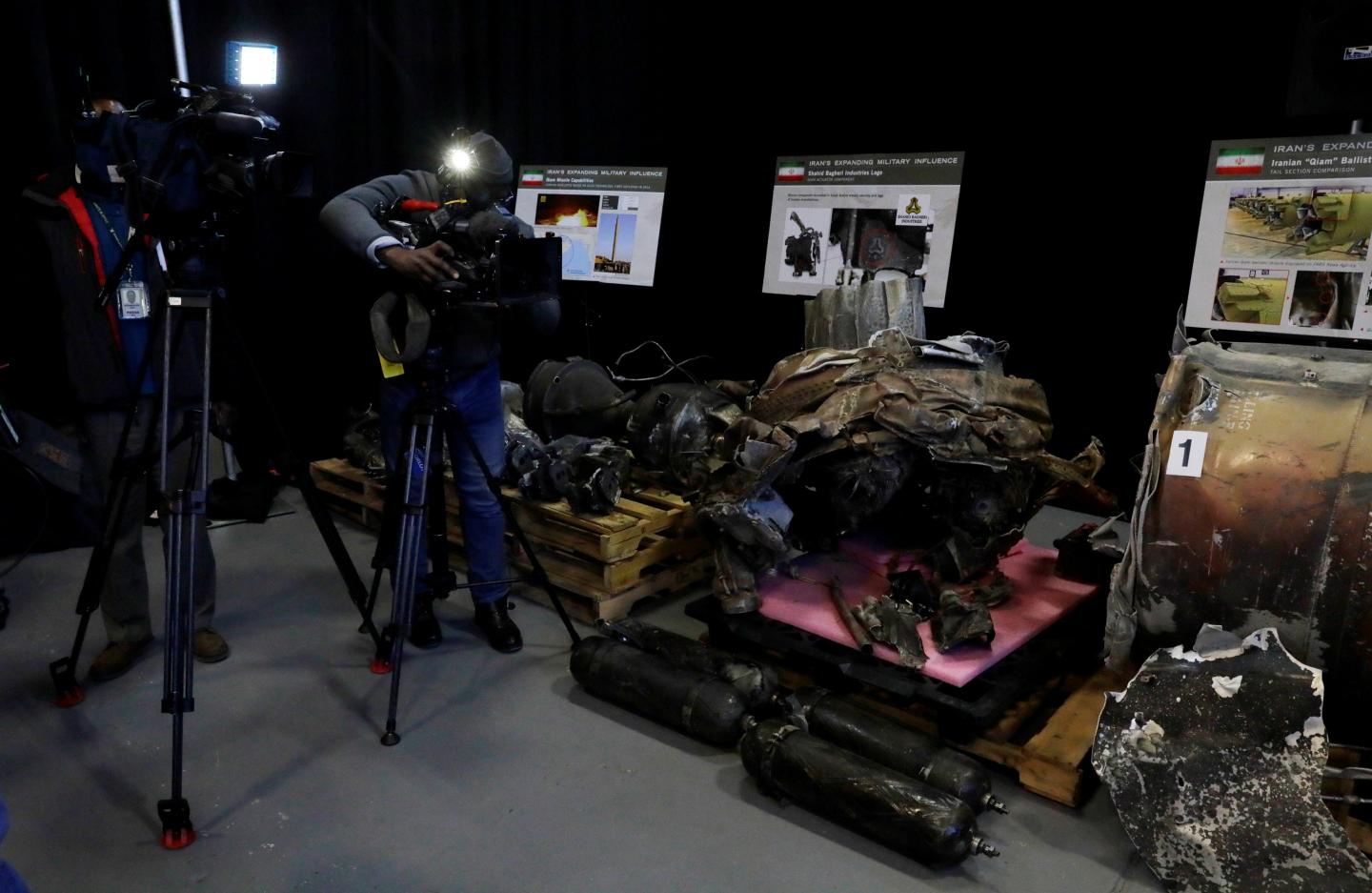
Michael S. Rozeff, lewrockwell
According to the U.S. Department of State, Iran foments terrorism: “Designated as a State Sponsor of Terrorism in 1984, Iran continued its terrorist-related activity in 2016…”
The Department of State does its best to create an imaginary, unreal, nonexistent, mythical image of Iran as terror haven. This is false.
If this were true, State could list the terror incidents on American soil that Iran sponsored. They do not, because they cannot. If there were such a list showing the guilt of Iran in causing terrorist acts in America, the U.S. would long ago have declared war on Iran.
The closest Washington can come to blaming Iran for a terror event in America is the incident involving the plan to assassinate the Saudi ambassador. The participation of Iran’s government in that affair is highly contested.
We keep getting mass murder attacks on American soil, some of which are terror attacks. List one is here. List two is here. List three, a shorter list that focuses only on radical Islamist attacks during Obama’s 8 years, is here.
How many of these attacks trace back to Iran? NONE. ZERO. None of the 13 attacks in List 3 are even remotely linked to Iran. List 1 doesn’t supply enough data to determine affiliations of terrorists without further research. List 2 is a long Wiki list. Not a single instance of links of a terrorist to Iran occurs among the incidents listed. One case involves an Iranian-American: “Although Taheri-azar was born in Tehran, the capital of Iran, he is a naturalized U.S. citizen who moved to the United States at the age of two.” He had absolutely no connection to Iran.
When it comes to terror attacks on American soil, Iran is totally out of the picture. The U.S. Department of State has created a terror myth concerning Iran.
Any real understanding of terror events in America will also have to acknowledge and accord the proper weight to those attacks whose sources are other than Islamist extremism. These are listed in the Wiki article.
The State Department calls Iran terrorist, not because of anything whatsoever having to do with murders on American soil, but mainly because of Iran’s political and military relations with nearby countries, including Israel, Syria, Lebanon and others.
By calling Iran a state sponsor of terrorism, the State Department hides the truth and makes it easy for Congress to impose sanctions and view Iran as an enemy. The children in Congress, intelligence bureaus and the U.N. can even understand the logic: If Iran is terrorist and terrorism is bad for us, then Iran must be bad and should be squelched. Well, Iran is not terrorist and labeling it as such gets us nowhere.
Leaving Iran aside for a moment, the rest of the logic is flawed too. Terrorism is bad for us when it occurs here. But is it bad for us when it occurs elsewhere or blends into political objectives and conflicts? Not necessarily. There are always bad things going on everywhere and for every person on Earth. This doesn’t mean that the U.S. government should become involved. It easily becomes bad for the government to get involved in all but a tiny, tiny, tiny number, an infinitesimal number, of bad things that are happening in this world. And that’s if the government could even recognize the bad things or knew what to do about them if it did.
The truth is more complex. If Iran has interests in its neighbors, what are they? Why do they have them? Why should the U.S. be interested in their interests? What are the U.S. aims in the region? Once we look at the matter truthfully, we have to recognize differences and conflicts on deeper levels. We do not have the luxury of classifying Iran as a bad guy and leaving it to Nikki Haley to repeat this again and again. The leaders of the U.S. might actually have to study these matters so that they can devise some useful policies. Designating Iran as a state sponsor of terrorism is a substitute for meaningful policies that actually attempt to ameliorate the conflicts of interests that are there. Staying out of these conflicts altogether is a more than viable candidate for a U.S. foreign policy.
Our government’s foreign policy with respect to Iran (and Russia) is poor. Our officials are stuck deeply in a rut of false images and myths. The instigators are neocon think tanks. Neocons establish the myths and the policies. Their thought cuts across political party lines.
The central neocon think tank is the Foundation for Defense of Democracies (FDD). Its slogan is “FIGHTING TERRORISM AND PROMOTING FREEDOM”. See how tricky words and logic can be? Who can be against fighting Iran if it promotes terrorism? The neocons work stepwise. Get State to designate Iran as terrorist. Sooner or later, fighting terrorism then has to lead to fighting Iran. But Iran as terrorist is MYTH. There is no Iranian terrorism to fight, and even if there were, our government has no obligation or charge to fight it. Neither does our government have an obligation or charge to promote freedom IN OTHER LANDS.
The FDD has “top experts on sanctions, illicit finance, nonproliferation, terrorism, human rights and Iran’s domestic power apparatus.” FDD constantly monitors Iran so that it can maintain the myth of its terrorism and badness. The assumption is always that the U.S. should or must interfere. The FDD should monitor the U.S. government. Would it not find incredible regions of badness permeating the entire enterprise, including those that FDD counts on to fight and sanction Iran? Would it not find amounts of badness that are a hundred times worse than what it finds regarding Iran? For that matter, the FDD should monitor Israel, England, Australia, and other stand-up democracies whom it lauds and claims to defend. What will it find if it’s honest but more badness?
